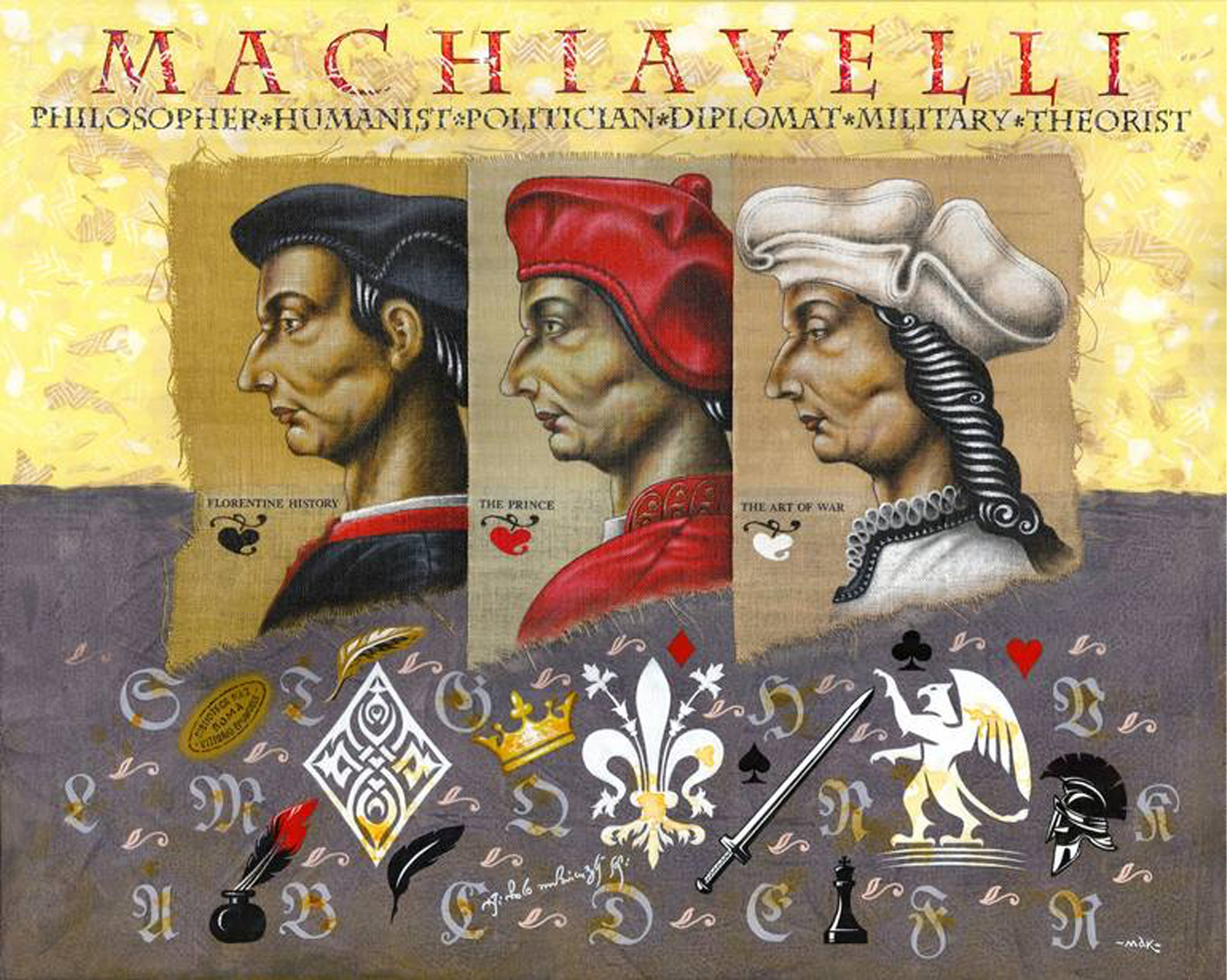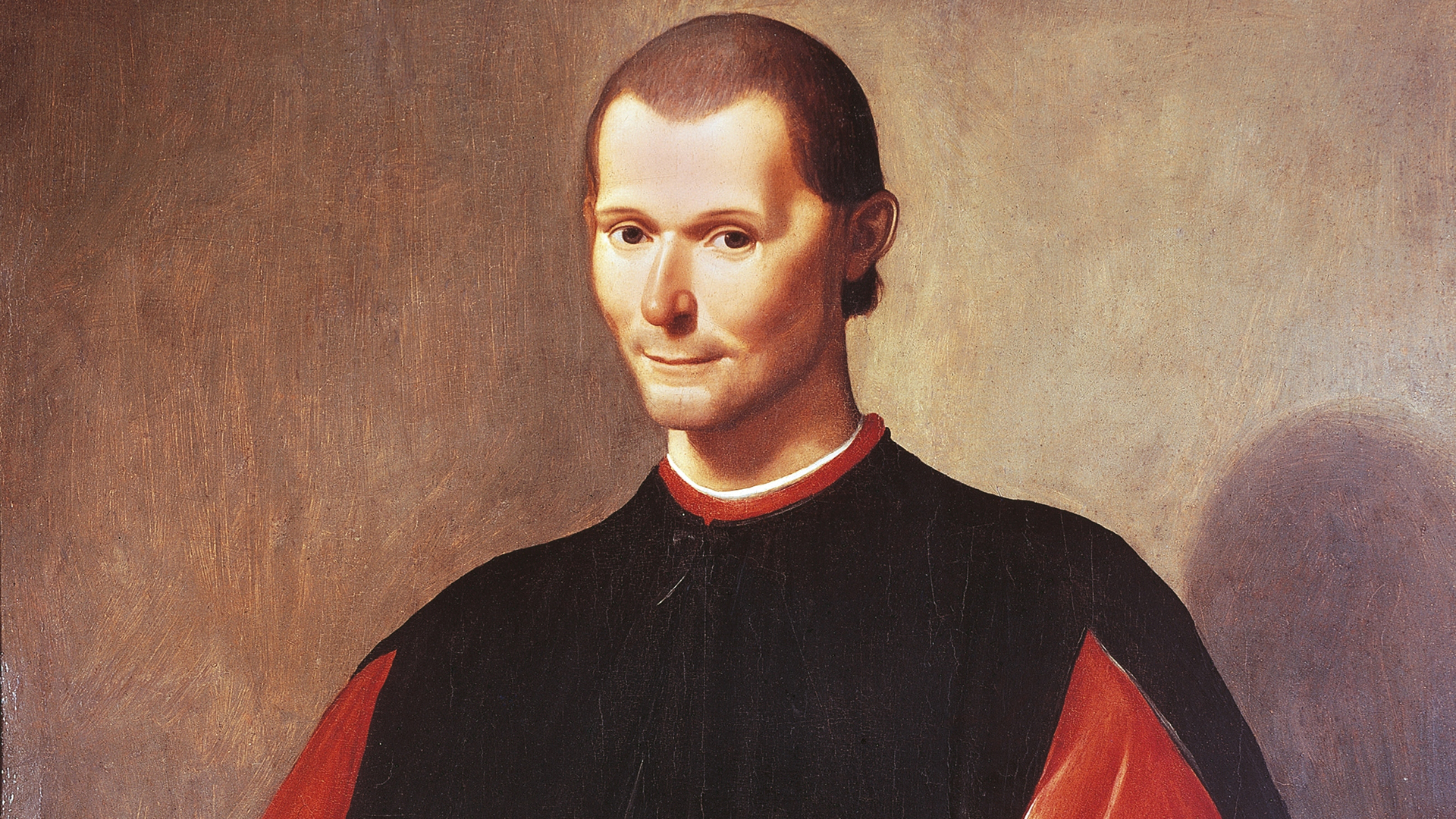Born on May 3, 1469, the Italian Renaissance political philosopher and writer, who was also a secretary of the Florentine Republic, is widely known as one of the fathers of modern political theory. His most famous book, “Il Principe,” or “The Prince” in English, and often inflammatory political rhetoric, garnered him a reputation as an atheist and proponent of immorality.
“Il Principe” was originally published as a pamphlet in 1513, when Machiavelli was 44, and later published posthumously as a book in 1532. In it, Machiavelli outlined his vision of an ideal leader – an amoral hegemon who could fully embrace the old adage “the ends justify the means.”
In the book, he discarded the utopian ideals of just and fair republics ruled by moral ethics, which were touted by his contemporaries, and instead advocated for a demoralized political perspective. He poses, and answers, what is perhaps one of the most enduring questions rulers have faced in the more than 500 years since “Il Principe’s” publishing: Is it better to be feared or to be loved?

“But since it is difficult for a ruler to be both feared and loved, it is much safer to be feared than loved, if one of the two must be lacking. For this can generally be said of men: that they are ungrateful, fickle, liars and deceivers, avoiders of danger, greedy for profit; and as long as you serve their welfare, they are entirely yours, offering you their blood, possessions, life and children...when the occasion to do so is not in sight; but when you are faced with it, they turn against you. And that prince who lays his foundations on their promises alone, finding himself stripped of other preparations, falls to ruin...For men are less concerned with hurting someone who makes himself loved than one who makes himself feared, because love is held by a link of obligation which, since men are wretched creatures, is broken every time their own interests are at stake; but fear is held by a dread of punishment which will never leave you.”
Machiavelli’s cynical views on human nature, and controversial recommendations for ruling tyrants, caused him to be ostracized from Florentine political society and to be branded an amoral pessimist. He died in 1527 in Florence at the age of 58. And while the Italian philosopher’s views were extreme for the time, his recommendations weren’t so diabolical in retrospect. Nonetheless, the term “Machievellian” is still used today to describe an action in which the ends justify the means, regardless of whether the means are right or wrong.
Asia London Palomba
Asia London Palomba is a trilingual freelance journalist from Rome, Italy. In the past, her work on culture, travel, and history has been published in The Boston Globe, Atlas Obscura, The Christian Science Monitor, and Grub Street, New York Magazine's food section. In her free time, Asia enjoys traveling home to Italy to spend time with family and friends, drinking Hugo Spritzes, and making her nonna's homemade cavatelli.

